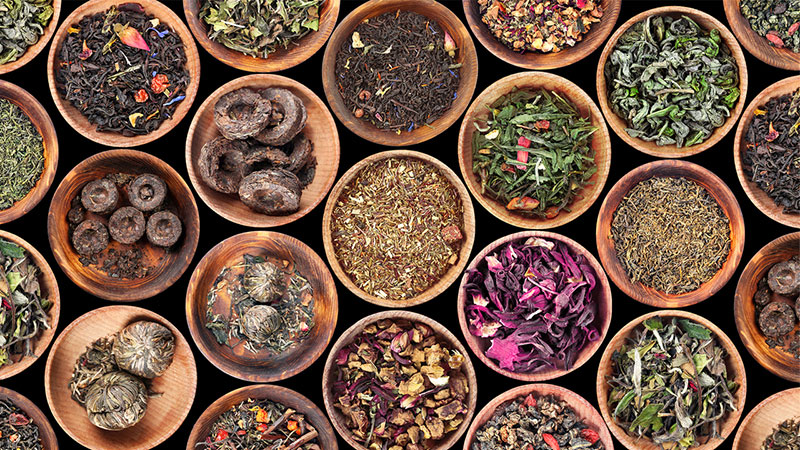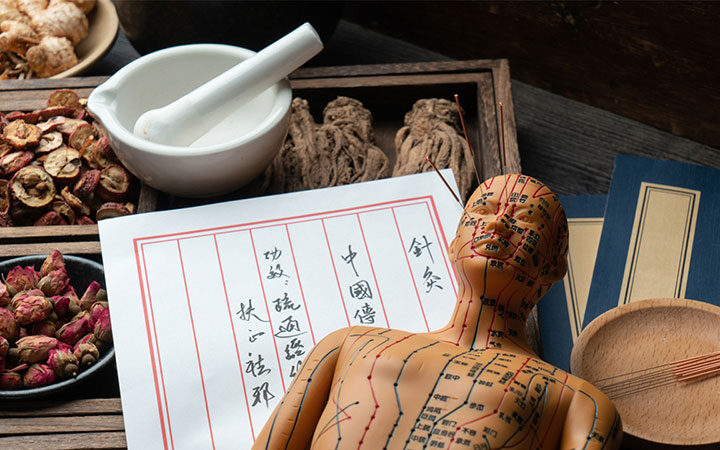Chinese herbs have been used for thousands of years to treat various health conditions and maintain overall wellness. Their versatility and effectiveness make them a valuable component of holistic health practices. This article explores the usefulness of Chinese herbs in promoting health, preventing disease, and complementing conventional treatments, highlighting their role in enhancing overall well-being.
Promoting Health and Preventing Disease
One of the primary uses of Chinese herbs is to promote health and prevent disease. Many herbs are known for their immune-boosting properties, helping the body resist infections and illnesses. For example, astragalus and Reishi mushroom are renowned for their ability to enhance immune function and increase vitality. These herbs can be incorporated into daily wellness routines to support the body’s natural defenses and maintain optimal health.
Chinese herbs are also used to prevent chronic diseases by addressing underlying imbalances before they manifest as health issues. Adaptogenic herbs like ginseng and ashwagandha help the body adapt to stress and maintain homeostasis, reducing the risk of stress-related illnesses. By promoting balance and harmony within the body, these herbs can prevent the onset of chronic conditions and support long-term health.

Complementing Conventional Treatments
Chinese herbs are increasingly recognized for their potential to complement conventional medical treatments. In cases where Western medicine may not provide complete relief, such as chronic pain or autoimmune diseases, Chinese herbs can offer additional benefits. For instance, turmeric and Boswellia have anti-inflammatory properties that can enhance the effectiveness of conventional treatments for arthritis. Similarly, herbs like milk thistle and dandelion root support liver health, complementing treatments for liver-related conditions.
The integrative approach of combining Chinese herbs with conventional medicine can lead to more holistic and effective care. By addressing multiple aspects of health and treating the root causes of illness, this approach can improve patient outcomes and enhance overall well-being. Collaboration between practitioners of traditional and modern medicine is key to maximizing the benefits of these herbs in a complementary treatment plan.
The usefulness of Chinese herbs extends from promoting health and preventing disease to complementing conventional medical treatments. Their versatility and effectiveness make them an invaluable component of holistic health practices. By incorporating Chinese herbs into daily routines and integrative treatment plans, individuals can achieve better health outcomes and enhance their overall well-being. The enduring relevance of Chinese herbal medicine in modern health care underscores its significance as a natural and effective approach to wellness.
CALL 631.360.8100
Begin Your Path To Wellness Today...
CALL 631.360.8100
Find Your Balance
Call To Book Your Appointment
CALL 631.360.8100



